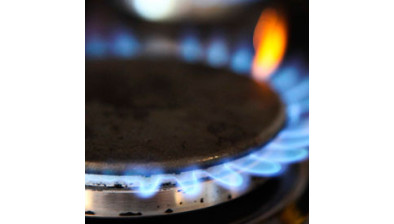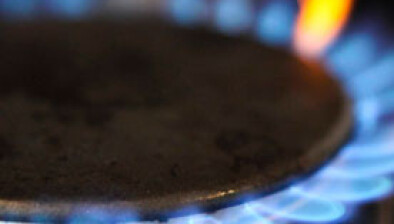New report reveals trials of Scots who use oil to heat their homes
 New research by Citizens Advice Scotland (CAS) has revealed the challenges faced by those Scots who use oil to heat their homes.
New research by Citizens Advice Scotland (CAS) has revealed the challenges faced by those Scots who use oil to heat their homes.
A quarter of households in the Highlands and Islands use oil heating, while the figure for Scotland as a whole is 6%.
In a report published today CAS has found that average heating oil prices in 2018 to date have been the highest since the end of 2014. Although prices decreased significantly in 2015, they are rising once more with a 74% increase between January 2016 and January 2018.
The Clubbing Together report found that:
An oil buying club is where a community co-ordinator obtains different price quotes for heating oil on behalf of local households, aiming to achieve a discount by shopping around and placing a bulk order.
CAS has called for payment plans, allowing consumers to spread the cost of fuel, to be introduced by suppliers, where not already in place and for more sharing of best practice and ‘success stories’ from oil clubs.
The charity has also recommended that Local Heat and Energy Efficiency Strategies be developed between local and Scottish Government to target areas where oil clubs might be viable.
Marcus Wilson, energy spokesman for Citizens Advice Scotland, said: “Sudden changes in heating oil prices put real strain on those who struggle to heat their homes. They also make it harder for people to budget.
“While oil clubs are not always viable, where they work they can save rural consumers money and help them to deal with the peaks and troughs of a volatile market.
“We want to see more information and support targeted at those areas where oil clubs could be set up, but don’t currently exist. Doing so will require input from communities, suppliers, and government.”







